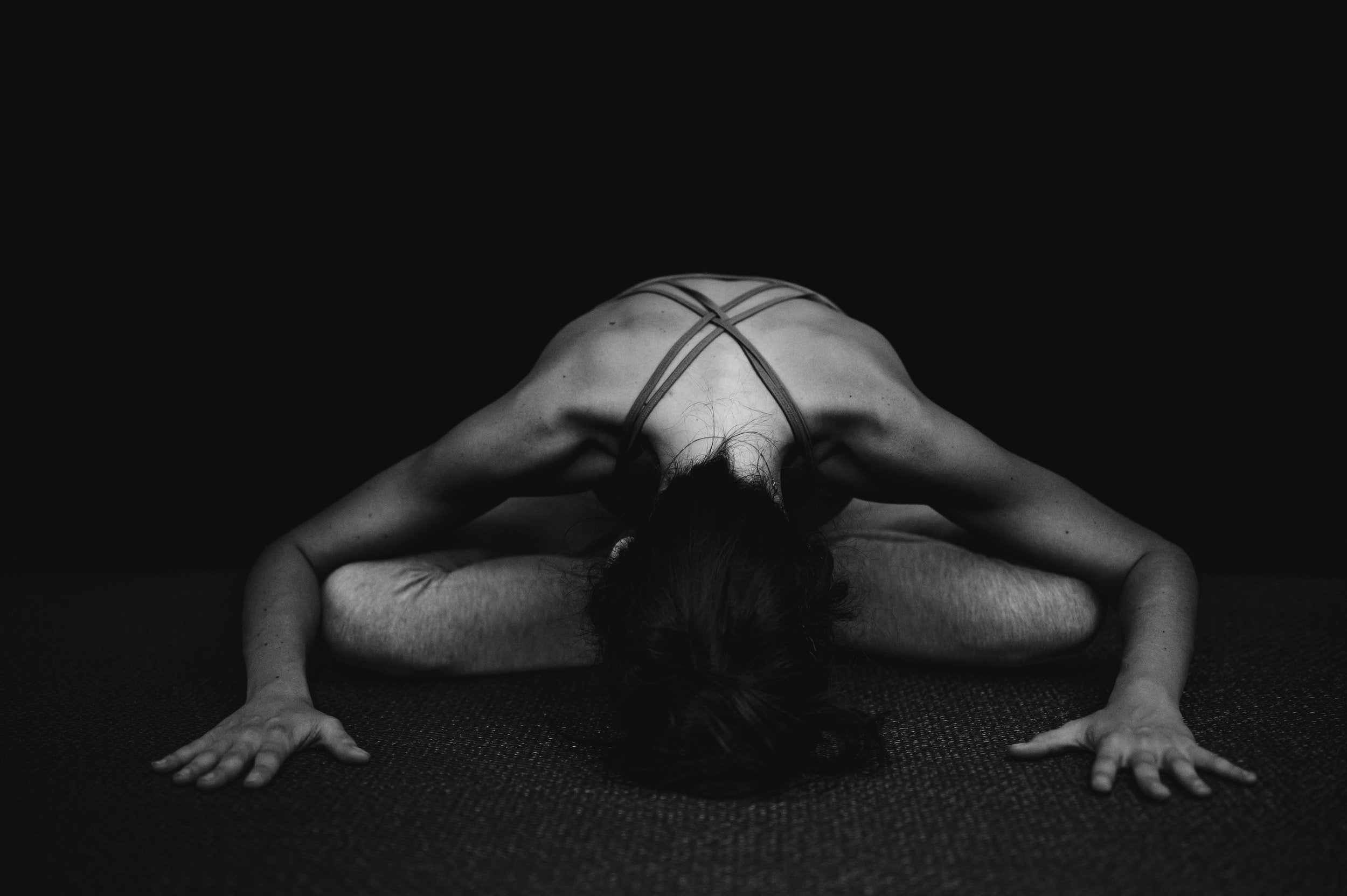How is trauma stored in the body?
A psychiatrist, author, researcher, and educator based in Boston, USA, Bessel van der Kolk MD is a pioneer in the world of neuroscience and trauma. Since the 1970s, Bessel has spent his professional life studying how children and adults adapt to post-traumatic stress. In his book, The New York Times best seller, The Body Keeps the Score, Bessel details his fascinating findings, proposing a direct link between the physical body and emotional trauma. He suggests that the most effective way to dislodge the effects of trauma from our psyche is to begin the journey of grounding into our bodies, first becoming fully aware of how and where the tension is being held, and gently befriending the sensations to begin to dissipate trauma’s hold on our being.
He writes, “Trauma victims cannot recover until they become familiar with and befriend the sensations in their bodies. Being frightened means that you live in a body that is always on guard. Angry people live in angry bodies. The bodies of child-abuse victims are tense and defensive until they find a way to relax and feel safe. In order to change, people need to become aware of their sensations and the way that their bodies interact with the world around them. Physical self-awareness is the first step in releasing the tyranny of the past.
In my practice I begin the process by helping my patients to first notice and then describe the feelings in their bodies—not emotions such as anger or anxiety or fear but the physical sensations beneath the emotions: pressure, heat, muscular tension, tingling, caving in, feeling hollow, and so on. I also work on identifying the sensations associated with relaxation or pleasure. I help them become aware of their breath, their gestures and movements… The mind needs to be reeducated to feel physical sensations, and the body needs to be helped to tolerate and enjoy the comforts of touch. Individuals who lack emotional awareness are able, with practice, to connect their physical sensations to psychological events. Then they can slowly reconnect with themselves.”
- Bessel A. van der Kolk, The Body Keeps the Score: Brain, Mind, and Body in the Healing of Trauma
Yoga therapy is precisely this practice of tuning into physical sensations and their corresponding emotional resonance, through gentle supported movement, breath, inquiry, and guidance from the yoga therapist. Through this subtle but powerful process, the body begins to learn to let go of its holding patterns of tension, resulting in a more relaxed overall state of being, freeing the body and mind from some of the presenting trauma or anxiety symptoms.

